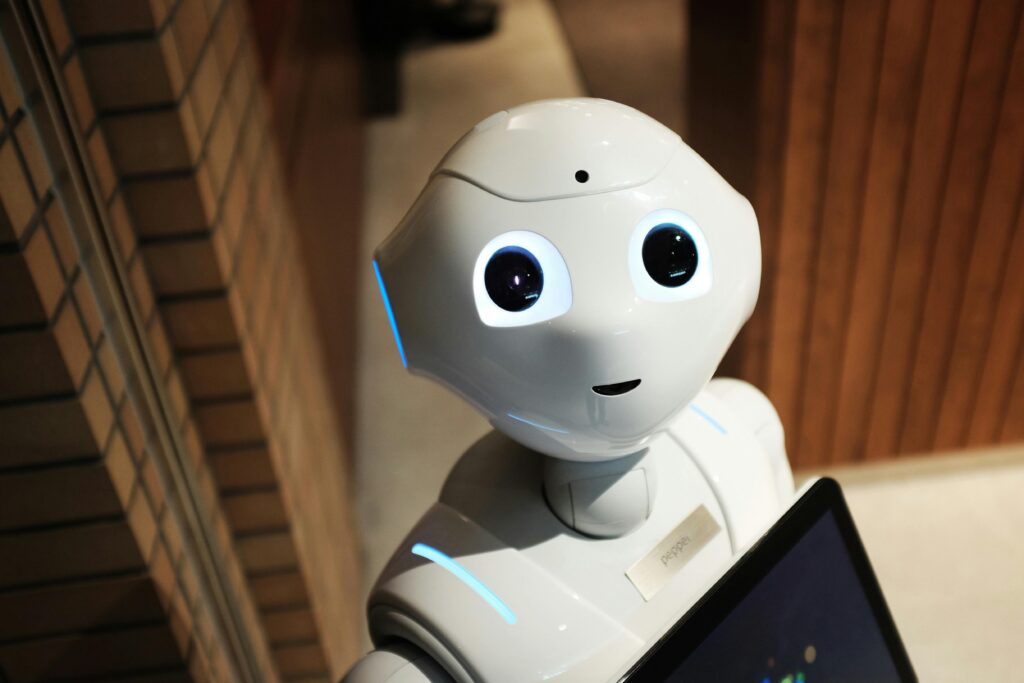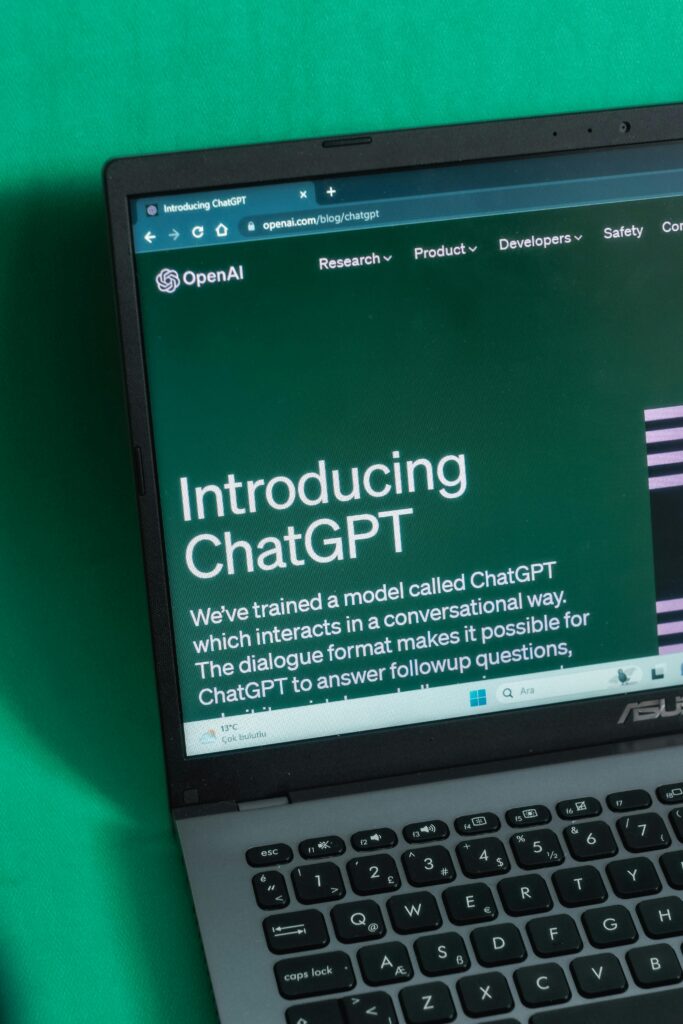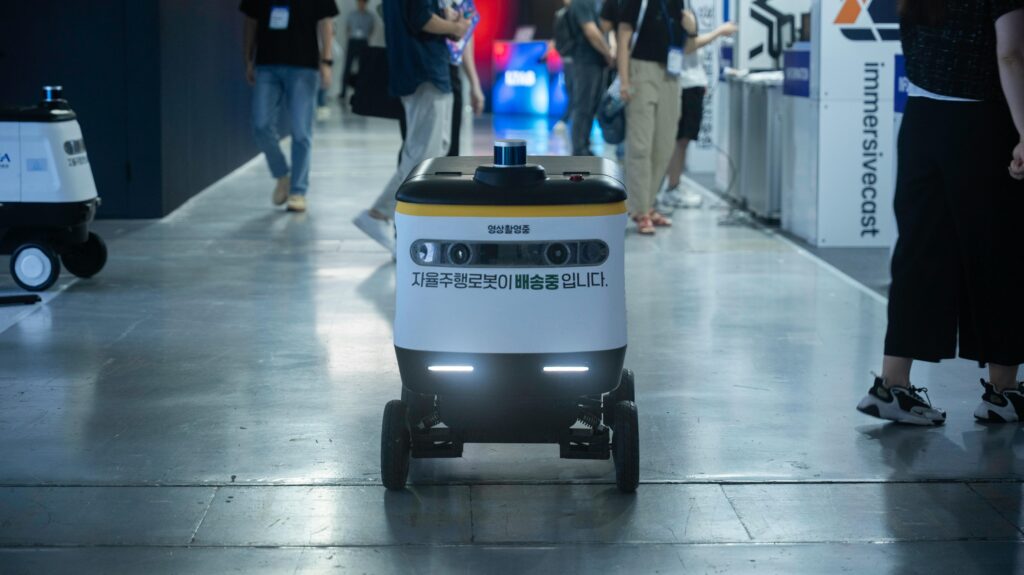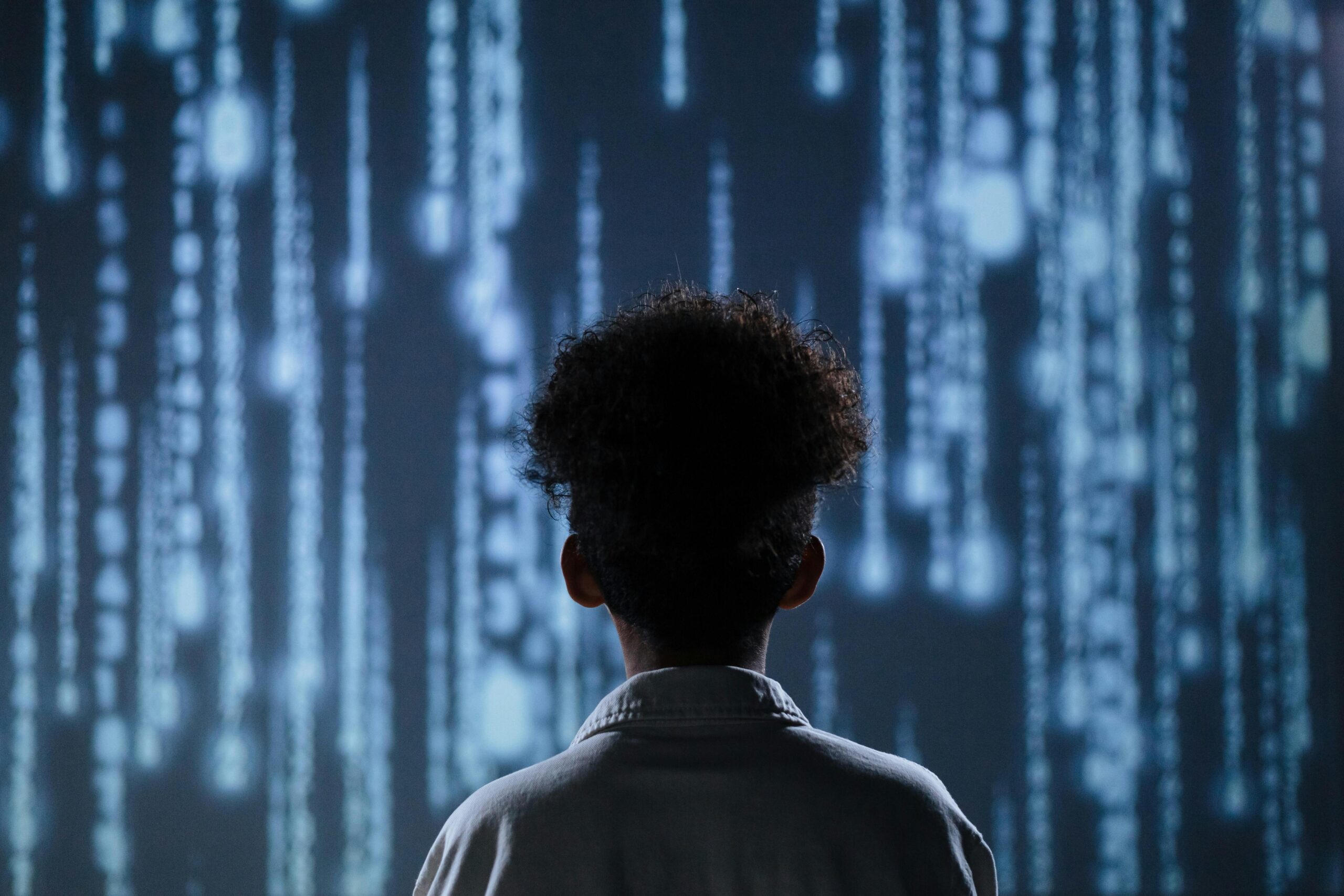Introduction: The Double-Edged Sword of AI
Artificial Intelligence (AI) is transforming industries, from healthcare to finance, but its rapid advancement has also introduced serious ethical dilemmas. As AI systems grow more powerful, concerns about bias, misinformation, privacy violations, and regulatory gaps have reached a critical point.
In 2025, AI can write legal briefs, diagnose diseases, and clone human voices—but should it? This article examines:
✔ How AI bias perpetuates inequality
✔ The dangerous rise of deepfakes and synthetic media
✔ Global efforts to regulate AI
✔ Who’s accountable when AI makes harmful decisions?
✔ A roadmap for ethical AI development

1. AI Bias: When Algorithms Discriminate
🔍 How Does AI Become Biased?
AI models learn from data—and if that data reflects societal prejudices, the AI inherits them. Examples:
- Racial Bias in Facial Recognition:
- MIT study found error rates of 34.7% for dark-skinned women vs. 0.8% for light-skinned men (2018).
- Amazon’s AI recruiting tool downgraded resumes with “women’s” keywords (e.g., “women’s chess club”).
- Loan & Hiring Algorithms:
- AI systems disproportionately reject minority applicants due to historical data patterns.
⚖️ Fixing AI Bias: Solutions & Challenges
- Debiasing Training Data (e.g., Google’s Responsible AI Toolkit).
- Diverse AI Development Teams to catch blind spots.
- Regulatory Pressure:
- EU AI Act (2025) requires bias audits for high-risk AI.
- U.S. Algorithmic Accountability Act (proposed) mandates fairness testing.

2. Deepfakes & Synthetic Media: The Misinformation Crisis
🎭 The Rise of AI-Generated Fakery
- Political Deepfakes:
- A fake audio clip of Ukraine’s president surrendering briefly caused panic in 2024.
- AI-generated videos of U.S. politicians saying inflammatory statements spread before elections.
- Financial Fraud:
- AI voice cloning scams cost victims $11B+ in 2024 (FTC).
- Non-Consensual Deepfake Porn:
- 96% of deepfakes are pornographic, mostly targeting women (Sensity AI).
🛡️ Combating Deepfakes: Detection & Regulation
- Watermarking AI Content:
- OpenAI, Google, and Adobe now embed invisible markers in AI-generated media.
- Detection Tools:
- Microsoft’s Video Authenticator
- Intel’s FakeCatcher (analyzes blood flow in pixels).
- Legal Bans:
- China criminalizes unlabeled deepfakes.
- U.S. DEEPFAKES Accountability Act (2025) imposes penalties for malicious use.
3. Regulatory Challenges: Who Controls AI?
🌍 Global AI Regulations in 2025
| Region | Key AI Laws | Focus |
|---|---|---|
| European Union | EU AI Act (2025) | Bans social scoring, requires transparency |
| United States | Algorithmic Accountability Act (proposed) | Bias audits for hiring/loans |
| China | AI Ethics Guidelines | State control over generative AI |
| U.K. | AI Safety Institute | Focus on AGI risks |

⚡ The Enforcement Problem
- Tech moves faster than laws—many regulations are outdated by passage.
- Jurisdictional conflicts (e.g., U.S. vs. EU data privacy rules).
- Corporate lobbying weakens strict proposals.
4. Accountability: Who’s Responsible When AI Fails?
- Case Study: Tesla’s Autopilot Crashes
- Who’s liable—the driver, Tesla, or the AI developer?
- AI Medical Misdiagnosis
- Can patients sue an algorithm?
- Proposed Solutions:
- Strict liability for AI developers (EU model).
- AI insurance policies for businesses.
5. The Path Forward: Ethical AI Development
✅ Principles for Responsible AI
- Transparency: AI decisions should be explainable.
- Fairness: Regular audits for bias.
- Privacy: Minimize data collection (GDPR compliance).
- Human Oversight: No fully autonomous life-or-death decisions.
- Global Cooperation: Harmonized AI ethics standards.

🚀 Industry-Led Initiatives
- Partnership on AI (Google, Apple, OpenAI) funds ethical research.
- IEEE’s Ethically Aligned Design framework for engineers.
Conclusion: Can We Harness AI Without Losing Control?
AI’s potential is too great to abandon—but too dangerous to leave unchecked. The next decade will decide whether we:
✔ Develop AI that enhances humanity
❌ Or unleash systems that deepen inequality and chaos
The choice isn’t just for policymakers—it’s for all of us.


